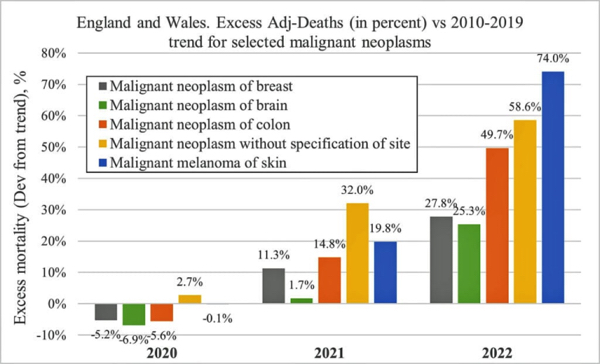Astaxanthin reduces myocardial damage in diabetics, researchers find
02/14/2019 / By Ellaine Castillo

A multi-university study from China has found that astaxanthin has protective effects against diabetic cardiomyopathy. This finding, which was published in CyTA – Journal of Food, was based on the results of in vivo studies conducted on rats.
- Diabetes mellitus is associated with complications that affect a wide range of body tissues, including the heart. Its complications include diabetic cardiomyopathy, which has the potential to develop into a life-threatening condition called congestive heart failure.
- Diabetic cardiomyopathy is accountable for a lot of mortality cases in diabetes patients since it still doesn’t have a unified treatment scheme. Moreover, the pathogenesis of this condition is not yet fully understood.
- Some pathological changes that are believed to contribute to diabetic cardiomyopathy include glucose and lipid metabolism disorder, inflammation, programmed cell death, and damaged small blood vessels. The mitogen-activated protein kinase (MAPK) signaling pathway has also been implicated in the pathogenesis of this condition.
- Astaxanthin is an unsaturated terpenoid that can be acquired from the shell of shrimps and crabs. There is evidence that this phytonutrient has potent antioxidant activity as well as the ability to prevent liver, kidney, and cardiovascular damage.
- In this study, the researchers wanted to determine the protective properties of astaxanthin against myocardial damage due to diabetic cardiomyopathy in male Sprague-Dawley rats. They determined the extent of its activity using parameters like blood glucose, lipid, and inflammation levels, cardiac function, oxidative stress, and the expression of proteins in the MAPK signaling pathway.
- The results of the study showed that astaxanthin can improve blood glucose and blood lipid metabolism, oxidative stress, and inflammation. Furthermore, the phytonutrient inhibited the MAPK pathway.
Overall, these results suggest that astaxanthin has potential use as a treatment for diabetic cardiomyopathy due to its cardioprotective effects.
The full text of the study is available at this link.
If you’d like to read more news articles on the health benefits of astaxanthin, visit Phytonutrients.news.
Journal Reference:
Zhang B, Xu D. PROTECTIVE EFFECTS OF ASTAXANTHIN ON DIABETIC CARDIOMYOPATHY IN RATS. CyTA – Journal of Food. 17 October 2018;16(1). DOI: 10.1080/19476337.2018.1503617
Submit a correction >>
Tagged Under:
anti-inflammatory, antioxidant, astaxanthin, cardioprotective effects, diabetic cardiomyopathy, heart health, inflammation, myocardial damage, natural remedies, oxidative stress, phytonutrients
This article may contain statements that reflect the opinion of the author
RECENT NEWS & ARTICLES
COPYRIGHT © 2017 RESEARCH NEWS





















